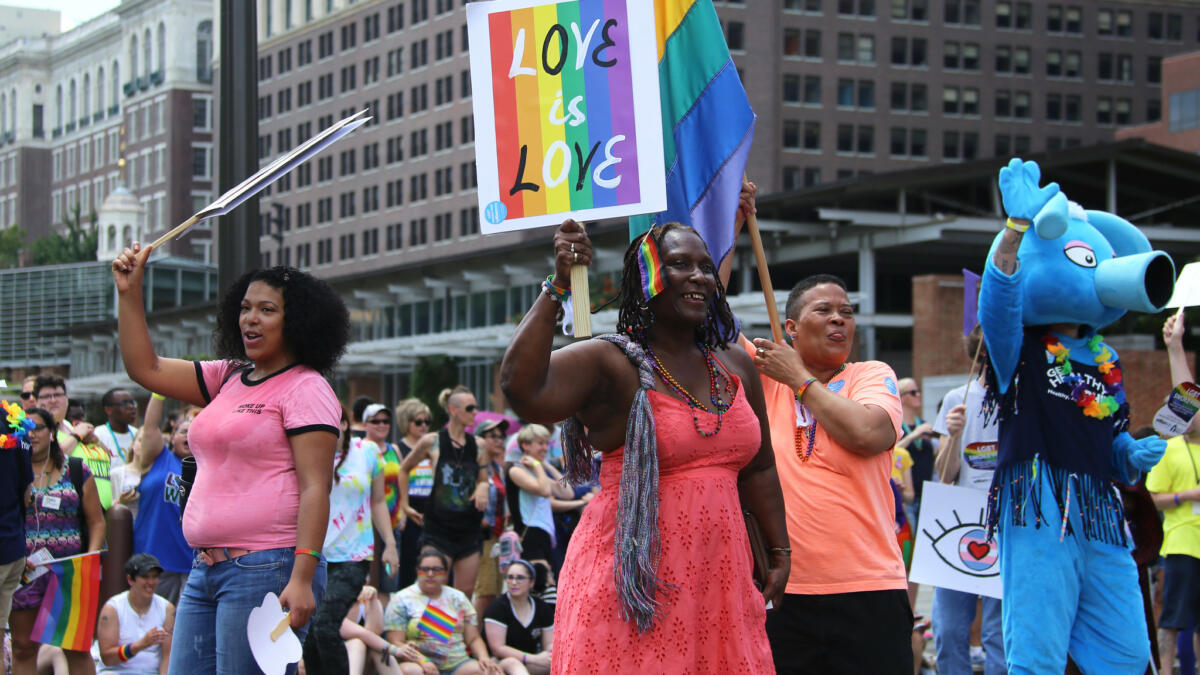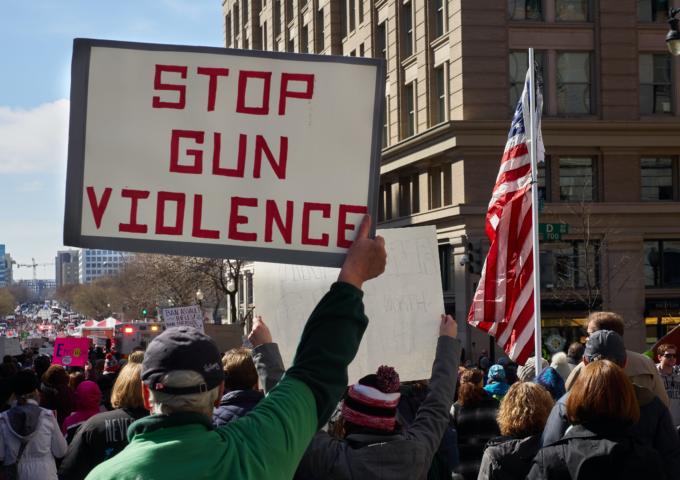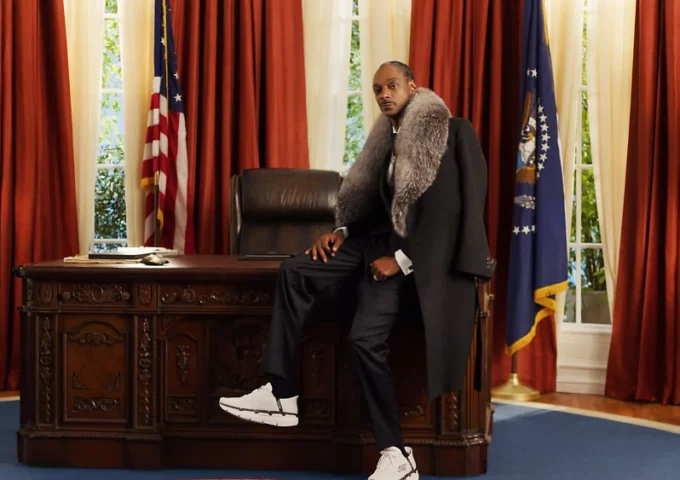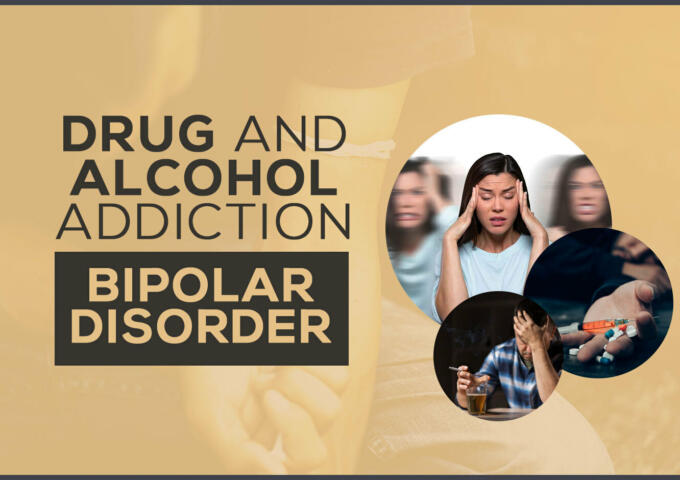Liberty City Democratic Club has long functioned as the activist arm of liberal LGBTQ Philadelphians, making endorsements and holding Democratic Party candidates accountable for policy positions, be they deserving of cheers or jeers.
Which is why recent criticism of the group by a prominent community member is so puzzling. In a recent column, Philadelphia Gay News publisher Mark Segal takes aim at the group, insisting that by bucking the Democratic establishment and endorsing an openly trans candidate for state house and an openly gay candidate for lieutenant governor over cisgender and straight opponents, the group destroyed itself to such a degree that it must, in his words, “rebuild.”
“Both of those endorsements show that Liberty City was out of touch with the wider LGBT community in this election,” Segal declares. “But Liberty City is an important part of the LGBT community, and we should support them as they rebuild. That won’t happen until the war within our community starts to change, when the majority finally grows tired of being lectured to by a small group of biased, politically correct people trying to intimidate them.”
That conclusion is so freighted it might as well be nicknamed Conrail.
First, it’s worth mentioning that Liberty City used to meet in the Mark Segal Ballroom at the William Way LGBT Community Center. Segal himself has been a highly active member of the club for many years. He was even present at the endorsement meeting and presumably voted, too. The idea that the group is somehow some impertinent activist collective that is far removed from Segal’s supposed seriousness is nonsensical. If anything, the group has historically been incredibly cozy with Segal himself. So the use of the third person as opposed to the first person implies a lack of connection that is counter to the facts, contemporaneously and historically. To be clear, unlike Segal, I have no connection whatsoever to Liberty City Democratic Club. I also have no connection to any of the candidates who ran aside from liking all of them and knowing most of them in a casual sense; I didn’t follow the club’s endorsement suggestions, either, in the one relevant race that I voted in.
Second, the idea that the community is “at war” with itself is news to a lot of people, myself included. As far as I can tell, there is a small group of agitators on one side and the rest of the wildly diverse community on the other.
I feel like I can say this as a cisgender white gay man: It’s true that a too-big-but-not-large number of typically white typically cisgender typically gay community members are angry that words like “cisgender” exist. Some wish they could still use slurs about transgender community members with abandon or only reference trans people over the course of a joke at the bar. Others, not outright bigots just bad writers and grumps, are exhausted with those of us who include pronouns in our email signatures or express Tucker Carlson like confusion over the singular they. Still others, marriage equality in hand – at least until the Trump-packed Supreme Court overturns Roe v. Wade which will logically throw the Obergefell decision into jeopardy – stopped voting Democratic entirely and came out of the closet as gay Trump supporters.
Those folks are the agitators on one side. The rest of the community, the entire community, is on the other side. So the idea that there’s some big war going on isn’t backed up in my own experience. Then again, I recognize I could be wrong here. If you are a colonel or a sergeant or even just a private in this supposed war, please email me and provide more concrete details about the combatants here.
Putting aside Segal’s invocation of a Nixonian “silent majority” being “intimidated” by PC culture fanatics, the Trumpian nature of Segal’s hurtful swipe at anyone who values treating people with respect and holding closer to America’s rhetoric about equality and letting others self identify, which if you think about it is the practical reality of this supposedly terrible “PC culture,” is hard to miss – and actually dangerous on multiple levels. To me, his preferred outcome, which just so happened to align with the entrenched local party more or less, was not met. So, as this logic seems to flow based upon his criticism, the very legitimacy of the vote, whether it is truly representative of the community, must be questioned.
I’m not even mentioning the fact that we have no idea how the LGBTQ community actually voted because our results disappear into election returns overall, and unless someone conducted an exit poll asking these questions in these races, any conclusion about the “LGBTQ vote” is an opinion not fact.
This disdain for local democracy would be bad enough. Yet, over the course of this question, Segal manages to also throw basically the entire community that doesn’t look, act, and live just like he does under the bus. This of course includes trans people and youth, Black LGBTQ people, undocumented LGBTQ people, LGBTQ people with disabilities, and other minorities-within-a-minority that diversity and inclusion efforts that so many dismiss as “PC” stuff aim to support. Much of it is rooted in righting historical wrongs and amending behavior toward true reconciliation and equitable access to community, services, and rights.
To give you an idea of why this kind of work is important, the journal Cultural Diversity and Ethnic Minority Psychology published findings from researchers Kimberly F. Balsam, Yamile Molina, Blair Beadnell, Jane Simoni, and Karina Walters. Their paper, “Measuring multiple minority stress: The LGBT people of color microaggressions scale,” explores the kind of realities faced by non-white LGBTQ community members.
“Interpersonal exchanges involving microaggressions may not be perceived as discriminatory by perpetrators, who may believe their actions to be innocent or harmless and may not understand the potential impacts of these behaviors on recipients,” researchers explain. “On the other hand, such exchanges have negative consequences for the mental health of the target.” In other words, this supposedly “PC culture” stuff is really important and the microagressions those in the community’s majority levy toward groups that have historically experienced oppression are literally harmful to health and mortality.
If you don’t believe that, then look at the fact that about half of all HIV-positive people in Philadelphia are not on treatment despite these treatments being lifesaving and free. Most, though certainly not all, of the local HIV-positive population are men who have sex with other men, many of whom identify as gay or queer or same gender loving. Many are Black. (I am biased here as an advocate for the local HIV-positive community given I live with HIV, full disclosure.)
There’s a reason why people in these cohorts might not feel comfortable navigating community spaces like healthcare providers, even ones that the mainstream community seems to hold dear. It could be that a racist or abusive healthcare experience was traumatizing, and so accessing healthcare is difficult.
Likewise, a trans man or trans woman might have dealt with a transphobic receptionist and not want to come back. Or, socially, they witness supposed community leaders dismiss their concerns over a transphobic comedian or writer as mere “PC culture” run amok and feel excluded. They might see the first trans candidate for a political office dismissed as some kind of misguided misadventure, too, and never want to participate in local politics as a result.
As best as I can tell, PC culture is the effort to ensure those situations don’t occur or, at the very least, that they’re against our community’s standards to where such actions are discouraged.
Now, whether Segal sincerely holds these views, understands the implication of his statement, or whether the endorsements Liberty City made stood in as some kind of proxy fight between Segal and some other ideological or political foe that caused this nastiness is unknowable. This is Philly, after all. But let’s say these are sincerely held views.
The irony is too much to bear in that case.
Claiming that Liberty City doesn’t speak for community, Segal implies that he, in fact, does and is representative of this silent majority of people who are sick and tired of these PC fanatics “intimidating” them. Bullying them from what, exactly? Using slurs? Using race or gender identity in hiring practices? Preventing equal access to voting? No, of course not. What then, precisely, is the practical effect of this supposed war that Segal seems so bothered by? Why is it never defined concretely by anyone who complains of it?
The idea that the community is represented more by those who sound like Archie Bunker acolytes than by a diverse group of local Philadelphians who voted in a transparent, inclusive democratic process is bizarre.
It also sells the community woefully short, implying it is all as intellectually incurious, devoid of insight, and hostile to actual inclusion as some other people are.




